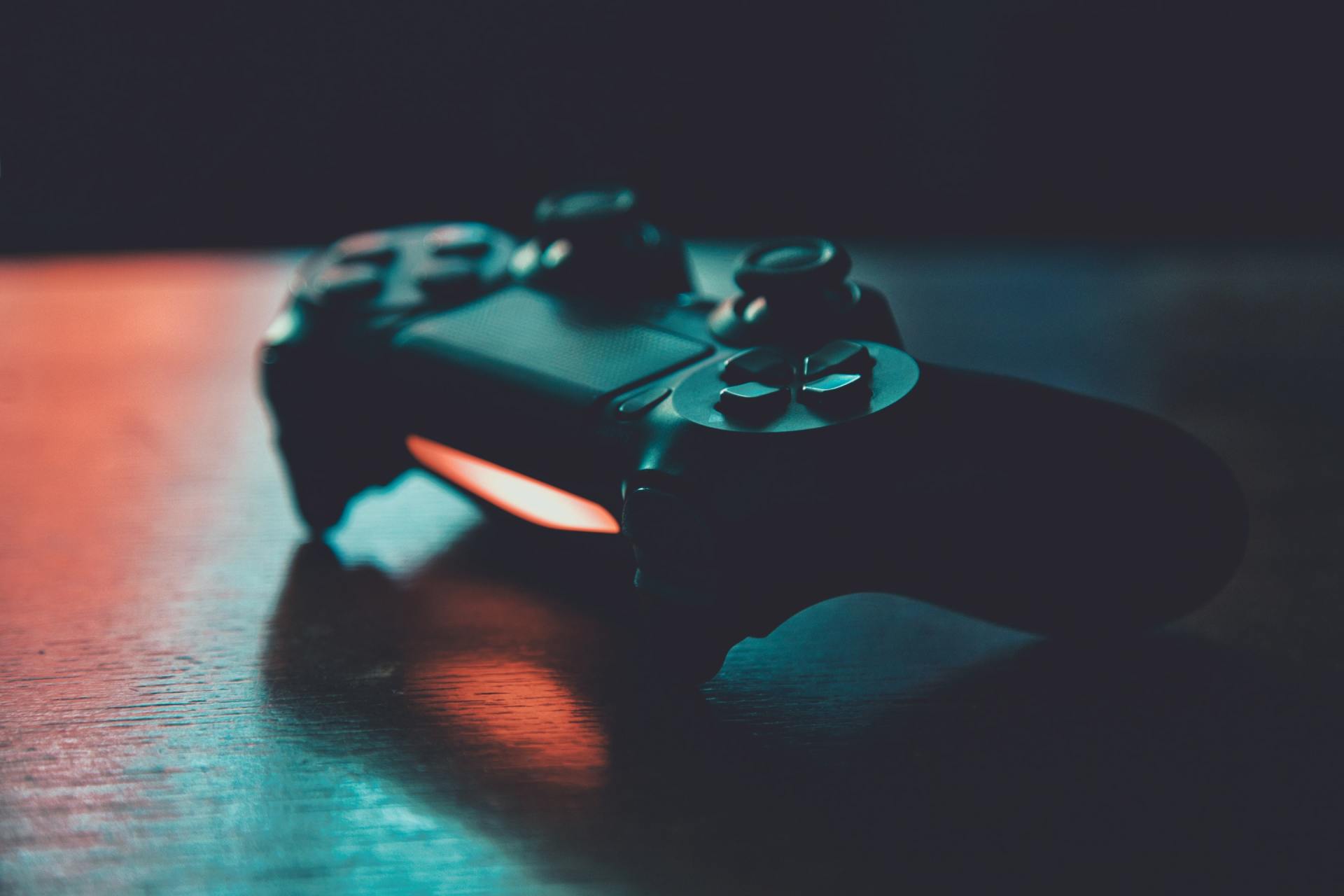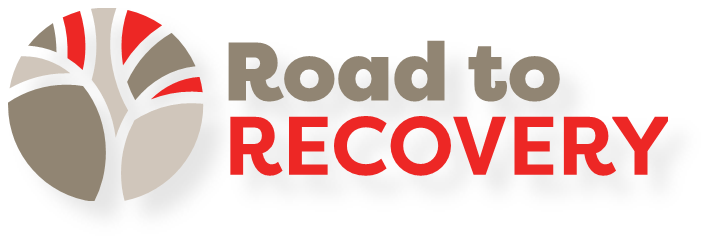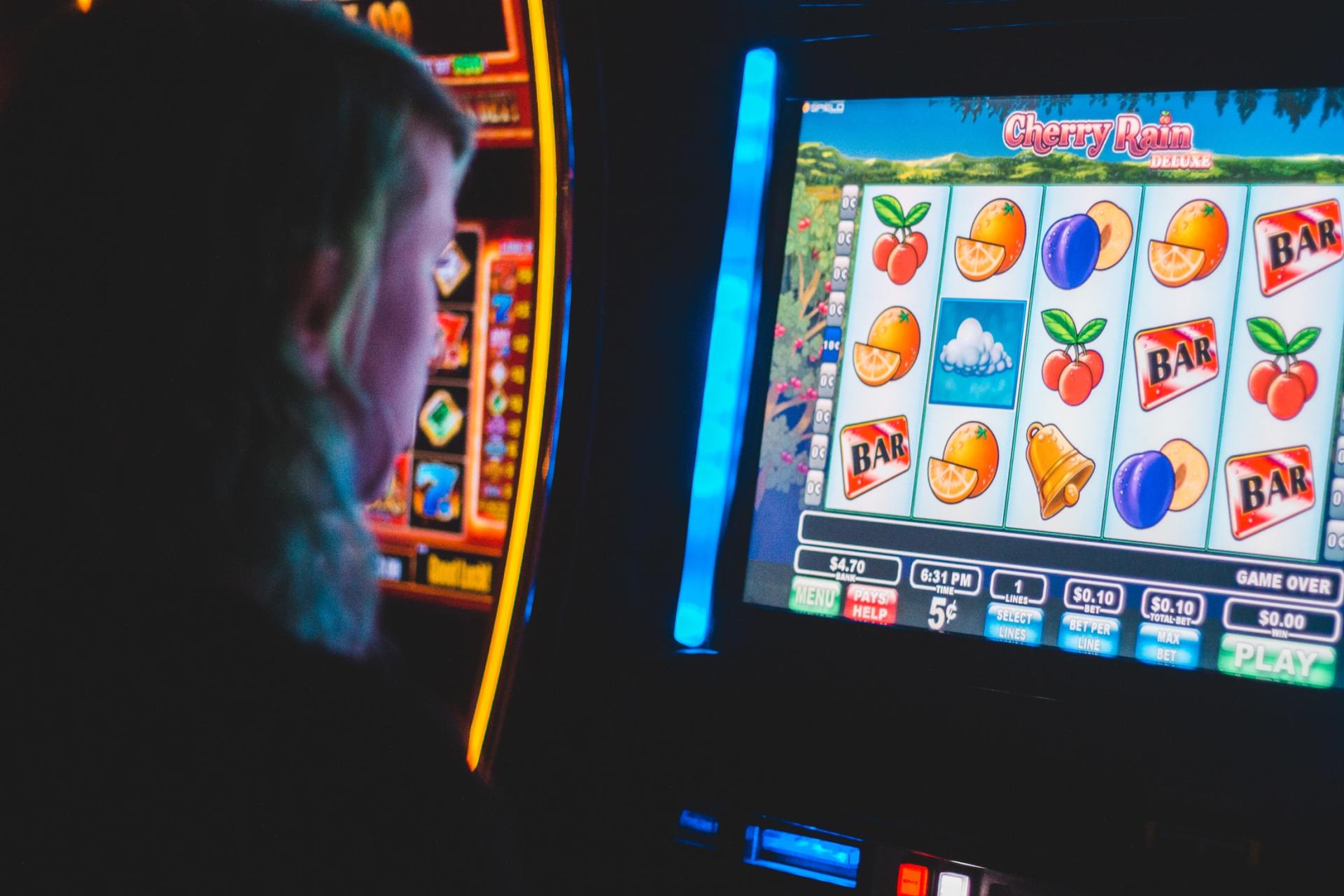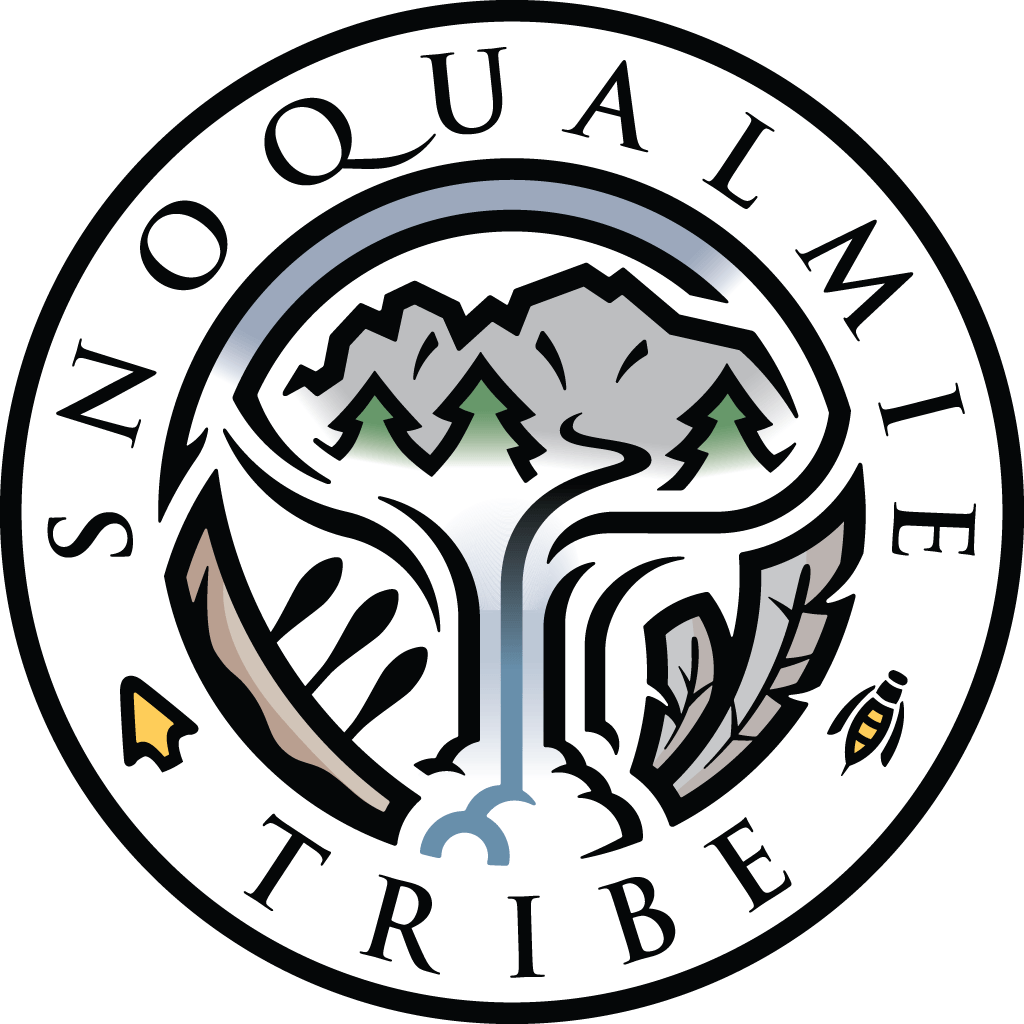3 Tips for Lifelong Gambling Addiction Recovery

3 Tips for Lifelong Gambling Addiction Recovery
1. Recovery Coaches, Counselors & Recovery Support Resources
Often, most patients will start with a recovery coach, which is different from a recovery counselor. “A recovery coach is a bridge to the counselor and other resources,” explains James. “Recovery coaches that have experienced problems such as unstable housing, insufficient food, and lack of transportation can help get them into treatment. Whereas counselors have the education behind them and more work with their past traumas and issues.”
Maintaining life-long recovery, with the help of these resources, is possible. According to Davis, the challenge lies within ongoing treatment, telling New Day Northwest we need to focus on how to keep people who are in early recovery in recovery for the long-term.
“The one thing that people who die in overdoses, are incarcerated or are living in homeless encampments all have in common is that with very few exceptions they were all at one point in recovery and our system failed to keep them there,” Davis says. “Recovery Support services can really buoy people and transition to lifelong recovery.”
These services include recovery housing, recovery coaching services, intentional communities like Recovery Cafe, education and employment opportunities, technological recovery support like innovative apps, as well as transportation, childcare and more importantly family education.
2. Honest Conversations on Changing Needs
Knowing that recovery is an up and down difficult journey, Dr. Takushi says honest conversations are key when talking about both short and long-term recovery. This way, the center, such as Recovery Cafe, can identify where they can best help, whether that be with food, housing, medical care or if they need to repair a connection to their families.
“We try to remember that recovery is about extending an invitation and saying to the person ‘we’re here, we want to support you, we’re here now, and we’ll be here when you get back,” Dr. Takushi says. “‘What are the barriers to helping you stay in recovery is the primary conversation.” Takushi also notes that those barriers will change over time, as certain needs are met and the person gains stability.
3. A Recovery for a Lifetime Mindset
What does it mean to make a lifetime commitment to treatment and staying on that path? For recovery coach Eva James, it’s personal, as a recovery coach who is also in recovery herself.
“It means I have a future now, whereas before I never had a future. Now I’m able to wake up in the morning and do something better than I did yesterday,” James says. “I can actually make goals today and know that I can accomplish them. That’s something that I never had before.”
That’s exactly why the relationship these people have with their recovery coaches keeps people in recovery for the long-term. “Being available to people for them to ask questions, to let them know that you’re also on the journey and are free and without stigma,” says Takushi, “is our best support in the community.”
How to Access Recovery Supports
If you or a loved one is suffering from a gambling addiction, there’s help. Here’s what you can do right now:
- Call or Text the Problem Gambling Helpline at 855-922-1558. You can remain anonymous when you call.
- Visit the Road to Recovery website at roadtorecoverys.org. Help, information, and free educational resources are available 24-hours.
- Visit the Washington Alliance for Quality Recovery Residences at WAQRR.org to search available recovery housing in the state.
In the future, however, Davis revealed plans to have recovery coaches in emergency rooms across the state, saying “When a person presents to the emergency room in crisis because of addiction or mental health challenges, we hope to meet them in that point of need, at their bedside with a recovery coach who can really deal in the currency of hope and motivation.”
The proposed legislation to make this happen aims to have recovery coaches become a conduit to resources, “so you’re not just handed a piece of paper with numbers,” says Davis. “They need to have a warm handoff to treatment, and then support when they get out of treatment.”



All Rights Reserved




